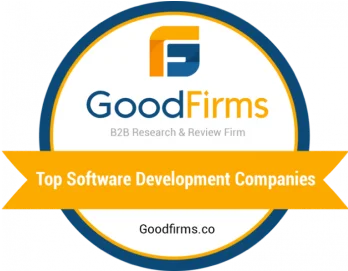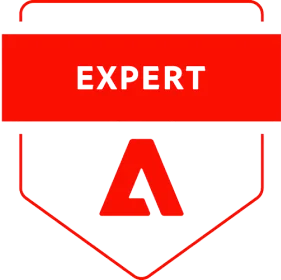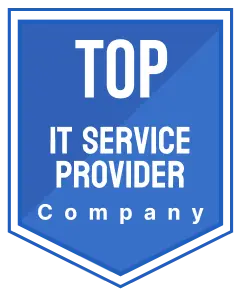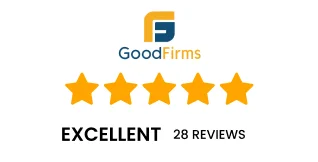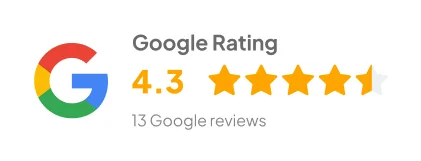When selecting software for business needs, the question of which option is more worthy – Custom Software or Off-the-Shelf? All these options have relative advantages and limitations with performance, cost and planning, and each business requires consideration of a specific combination of these options for its particular need and in relation to its long-term strategy.
In this Custom vs. Off-the-Shelf Software Guide let us look at the essential comparisons and find out more.
Are you ready to maximize the opportunities your business can create? Let our professionals guide you through implementing regular updates and solid enhancements to your website. Contact us today!
Custom Software vs. Off-the-Shelf
- Custom Software: Solutions established from the first principle in order to suit the needs of a particular enterprise.
- Off-the-Shelf Software: Software that is purchased off the shelf and ready to be installed in an organization with prefabricated functions that are suitable to most organizations.
Both options come with their own benefits, so let’s proceed to speak about the Custom Software vs Off-the-Shelf Comparison to find out which solution is more beneficial for your organization.
Advantages of Custom Software for Business Organizations
Custom software offers unique benefits that make it ideal for businesses with specific operational needs:
- Tailored to Your Needs: Since then the solutions are created with reference to your concrete working processes and problems, they are perfectly tailored for you.
- Scalability: The development of custom software means that your business can evolve – it’s a long-term solution.
- Integration: Custom software works right within existing tools and systems simplifying operations.
- Competitive Advantage: Custom is beneficial because you can have features your competitors on overly generic solutions do not possess.
The following are the Custom Software Advantages for SMEs: These advantages can help transform operations for business organizations seeking specialized solutions to their operations.
Off-the-Shelf Software: Pros and Cons
Off-the-shelf software is readily available and comes with its own set of advantages and limitations:
Pros
- Cost-Effective: Perfect for any organization with clear-cut upfront price offerings and other subscription-based forms of payment structures.
- Quick Deployment: No development time is needed and it can be used at the beginning of the process immediately.
- Community Support: Stable products globally have forums, tutorials exhaustive documentation, and Help & Support.
Cons
- Limited Customization: These features are endemic and can lack the functionality that might be so much required in a certain business.
- Scalability Issues: This may not scale with your business, which can be very expensive in terms of migration in the long run.
- Licensing Restrictions: This is normally based on licensing terms and conditions which somewhat restrict mobility.
This OTS Software Strengths and Weaknesses analysis is useful to define when it is worth using an out-of-the-box software solution.
Custom vs. Off-the-Shelf Software Guide: Key Considerations
1. Business Goals and Needs
- When your business needs specific functions or interfaces, custom software is probably your best option.
- Off-the-shelf solutions are perfectly suitable for organizations that have very standard requirements or have a very simple process approach.
2. Budget
- This means custom development calls for a steep initial cost but saves costs in the longer run since there is no licensing money to be paid.
- They are initially cheaper due to the ability to just buy and set up without consultation but could be pricey in the long run because of the later license addition and upgrades.
3. Timeline
- Custom software development requires time sometimes spanning a year and therefore cannot be utilized by an organization within a given time frame.
- Off-the-shelf is readily available for use, as opposed to an organization erecting its own structure from the ground up.
In the current Business Software Guide, we demonstrate how goals and constraints influence the decision-making process.
Selecting the Best Business Software
Follow these steps to choose the best software for your business:
- Analyze Requirements: Gather your understanding of operational requirements or demands, any issues you are facing, and organizational visions or objectives you have on a long-term basis.
- Evaluate Scalability: The solution for data storage should be able to grow with the business.
- Consider Total Cost of Ownership: They should also consider other costs such as running costs, replacement costs, and conversion costs among others.
- Test Options: For OTS software, free trials, mode to determine fitness.
In this Custom Software vs. Off-the-Shelf Comparison, you’ll ensure that you check all the boxes to come up with the best decision for your business.
Advantages of Custom Software to SMEs
It is generally common for organizations operating with SMEs to pose certain challenges, especially because of their small and limited budget. Here’s how custom software helps:
- Efficient Resource Utilization: The importance of custom solutions entails minimizing wastage and optimizing productivity.
- Enhanced Customer Experience: Some of the features make it easier for SMEs to enhance customers’ satisfaction.
- Cost Savings Over Time: Some of the benefits of implementing custom software include; high initial costs but no more license costs.
See Also: The Future of AI in Mobile App Development
Looking for ways to advance your business? We have experts who will ensure that your website suits your needs as you need it. Get started with us now!
Final Thoughts
The Custom vs. Off-the-Shelf software decision entirely depends on the needs of a business entity, its financial capabilities, and its goals. Nonetheless, Custom Software Advantages for SMEs indicate it is rewarding for involving businesses with diverse requirements. On the other hand, Startups and small–scale operations may find off-the-shelf solutions cheap and easy to implement.
Having trouble deciding which solution you should buy? Get in touch with our team for professional help and create the ideal software for your company.
FAQs:
Q1: Which of the two types of software is preferred: custom software or off-the-shelf software?
A1: Custom software refers to a specific business’s requirements and has unique characteristics, while off–shelve software is the type of software with a general characteristic suitable for use by the general public.
Q2: When should a business go for a custom software solution?
A2: Choose custom software when your business needs something special or when it should be connected to other systems.
Q3: What are the main limitations of off-the-shelf software?
A3: Some of the most notorious limitations include: Limited customization to suit the unique needs of the organization, problems of scalability, and problems that stem from licensing terms.
Q4: Can SMEs benefit from having Custom built software?
A4: Indeed, custom-made software is one with advantages in scalability, optimization, and specific functionalities necessary for SMEs.
Q5: What is the right way to choose the business software?
A5: Assess requirements, assess feasibility, take into consideration the costs and try out the options in order to determine which one can meet your objective.

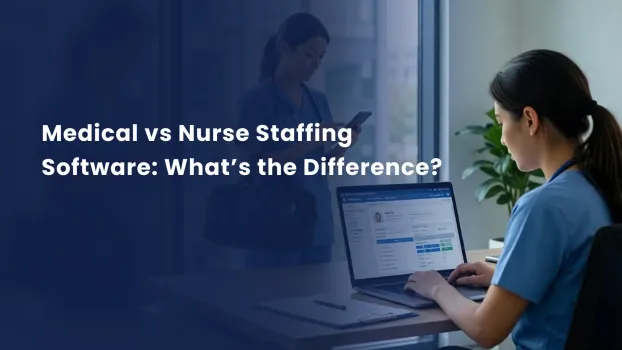
_thumb.webp)
_thumb.webp)


